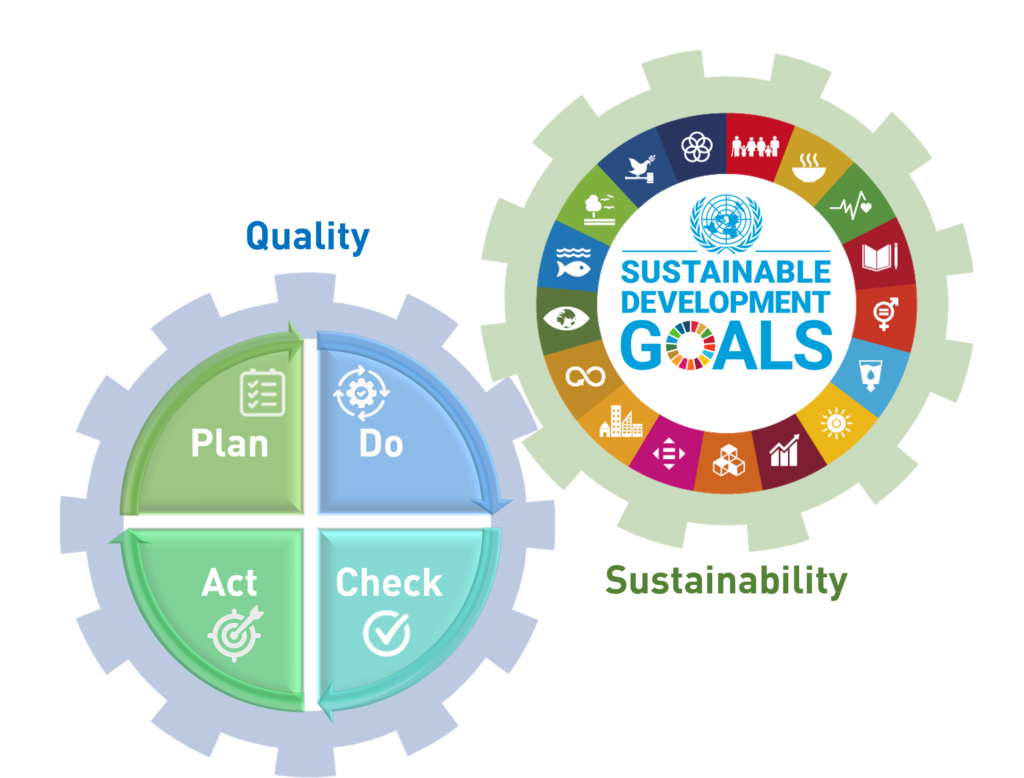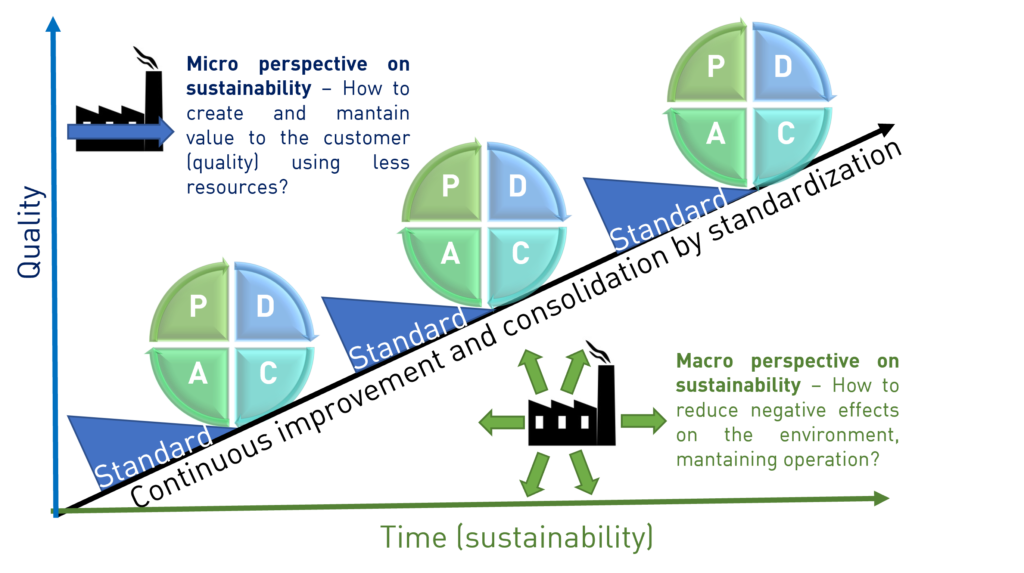Continuous Process Improvement (Quality)
The standardized definition of quality (ISO 9001:2015) is the degree to which a set of characteristics inherent to the object meets the established requirements. In this definition, an object is seen as whatever is perceivable or conceivable, including products, services, people, organizations, systems, or resources.
The requirements that define the quality of the object are established by the various organizational stakeholders, which may include entities internal to the organization (employees and owners) or external, such as customers, suppliers, investors, legislators or, in a broader sense, all the society.
This broad perspective of quality leads to the establishment of a relationship with sustainability.

Sustainability, comprising different aspects (environmental, economic and social) is defined by the United Nations (UN) as: “meeting present needs without compromising the ability of future generations to meet their own needs”. Under the 2030 Agenda for Sustainable Development, the UN also defined a set of 17 sustainable development goals (SDGs), which should support the development vision of countries and its organizations. As future generations can be seen as interested parties in the activity of organizations, because this activity impacts the construction of future society, their needs must be part of the requirements inherent to quality. Thus, sustainability can be seen as “long-term quality”, in which the activities of organizations, in addition to meeting current requirements (short/medium term), usually focused on customer needs (micro perspective of sustainability), must also meet the expected requirements of the future, with a focus on society as a whole, considering, for examples, the minimization of possible negative effects on the environment (macro perspective of sustainability).

Quality in organizations is supported by the design of the respective management based on continuous improvement that results from following a continuous cycle of planning, execution, verification and action (PDCA cycle) of the respective processes, so that they are increasingly efficient and , in this way, support, in an increasingly robust way, the quality (and sustainability) of its activities.
At C-GREEN we have an integrated perspective on the quality and sustainability of organizations, supported by our training and work experience in these areas. Therefore, we seek to add value to organizations in these two areas, with smart solutions (“powered by smart solutions”) to meet current needs, but also future needs with a long-term vision to minimize negative impacts in the future (“driven by the future”).
